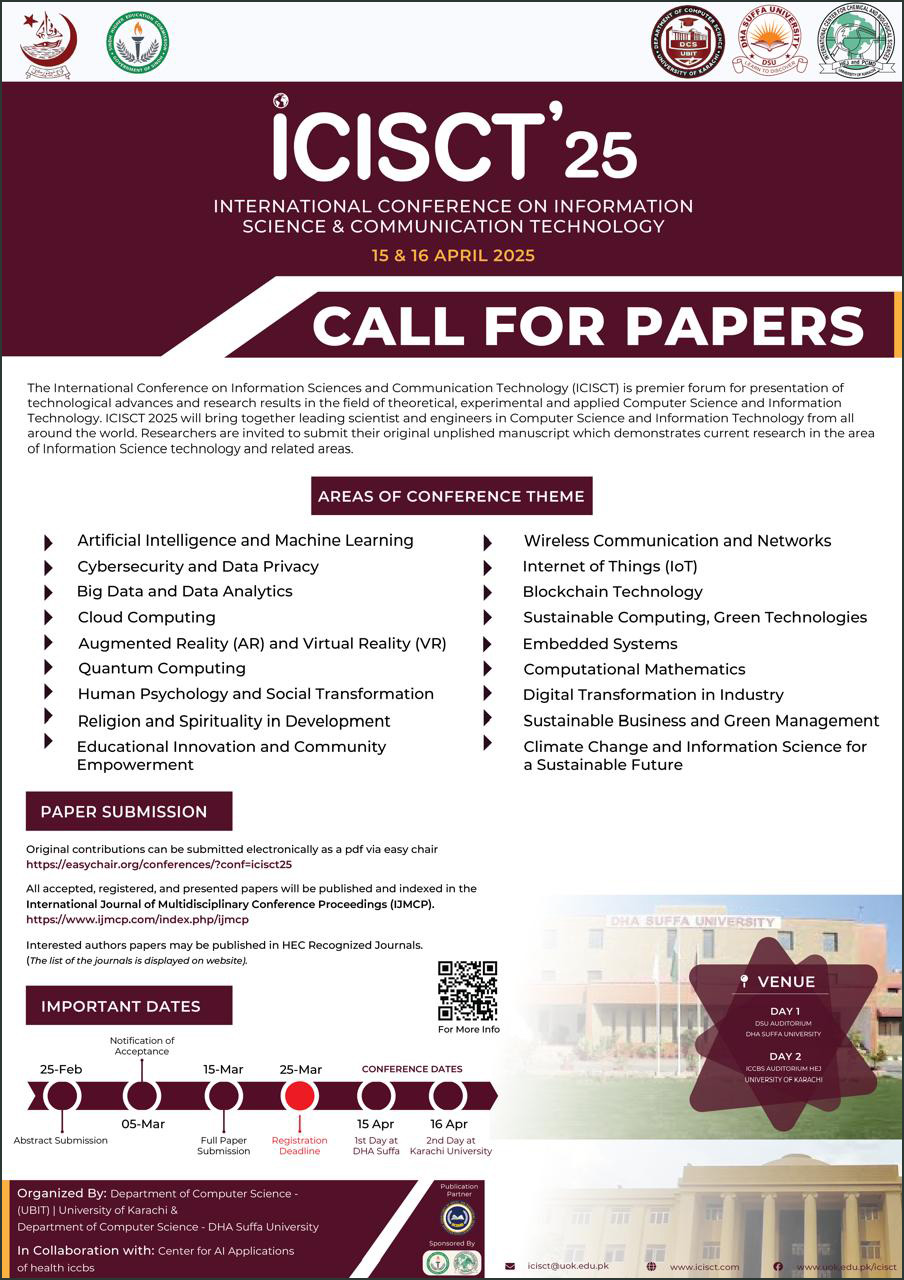Exploring the Mediating Role of Social Support in the Relationship between Religiosity and Mental Well-being
Keywords:
Religiosity, Mental Well-Being, Social Support, Religious Identity, Self-CareAbstract
This study examines the impact of social support on the relationship between religiosity and mental well-being. As individuals face various life challenges, religious faith often plays a significant role in providing coping mechanisms, a sense of purpose, and social support, which are all key contributors to mental health. However, the impact of religiosity on mental well-being can vary across different cultural and social contexts. A structured questionnaire was used to collect data from 422 participants, including demographics, levels of religiosity, mental health status, and self-care practices. The data was analyzed using SPSS and Smart PLS software. The study revealed that higher degrees of religiosity are linked with better social support, which in turn improves mental health outcomes. The study indicates that social support plays a mediating role in the association between religion and mental health, emphasizing the complexity of these components. This study's findings have important implications for establishing therapies and programs to improve mental health through religious and spiritual paths. The study adds to existing theoretical frameworks describing the association between religion and mental health and establishes a methodological basis for future research in this area.





